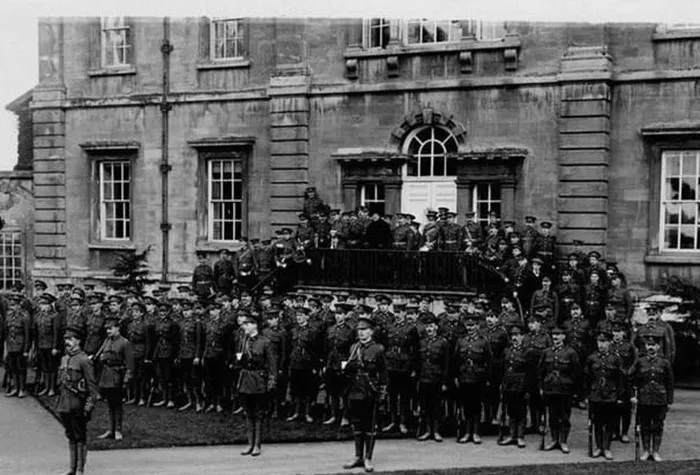A new book by Doncaster author Brian Elliott shines a light on the vital role played by miners during the First World War. Miners and The Great War delves into the contributions of colliery workers, focusing on their service both at home and on the front lines during the 1914-1918 conflict.
The book explores the involvement of around half a million miners, many of whom volunteered to fight. Elliott’s work highlights their participation across all military services and in various theatres of war, underscoring their significant yet often overlooked contributions.
“Miners were involved in every aspect of the war effort, both underground and in military service,” Elliott explained. “They volunteered in huge numbers, and by 1918, over 500,000 had served in some capacity. Their involvement was not confined to Britain; they served in all parts of the globe where the war raged.”
Notable figures such as Sir Michael Parkinson have shown their support for the project, with Parkinson providing the book’s foreword shortly before his passing. Elliott shared a personal connection with the TV legend, recalling their meetings during the research phase of the book.
The narrative of the miners’ sacrifices is deeply explored through 800 case studies and biographies, covering aspects of their military service and the impact of the war on their communities. The book also addresses lesser-known stories, such as the experiences of conscientious objectors, prisoners of war, and the crucial role women played during the conflict.
“The miners’ story in the First World War is not just about those who fought,” Elliott noted. “It’s about the families, the communities, and the often-unseen contributions that helped shape the course of the war.”
The book’s release is set to coincide with a launch event at the National Coal Mining Museum at Caphouse Colliery, scheduled for May 10, 2025. The event will feature poetry by Wombwell poet Paul Brookes and other presentations. A follow-up event, featuring renowned “Bard of Barnsley” Ian McMillan, will take place on June 13 at Barnsley’s council chamber.
At the outbreak of the war in 1914, coal mining was one of Britain’s most crucial industries. Despite the challenges posed by declining manpower, thousands of miners enlisted, with around a quarter of a million joining the military by 1915. This contribution was extraordinary, as one in five of all military volunteers came from the coalfields of England, Scotland, and Wales.
Elliott’s book offers a comprehensive look at the miners’ profound influence on the war effort, a contribution that has often gone underappreciated.
“Whether they worked below ground or above, miners were indispensable to the war effort,” Elliott said. “Their story deserves to be told, and I hope this book helps ensure their sacrifices are remembered.”

